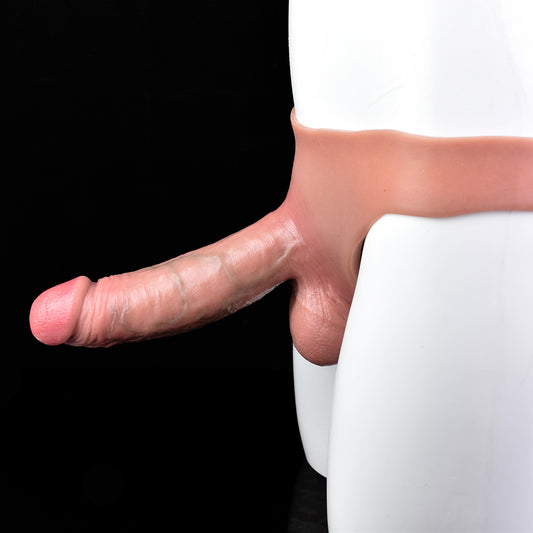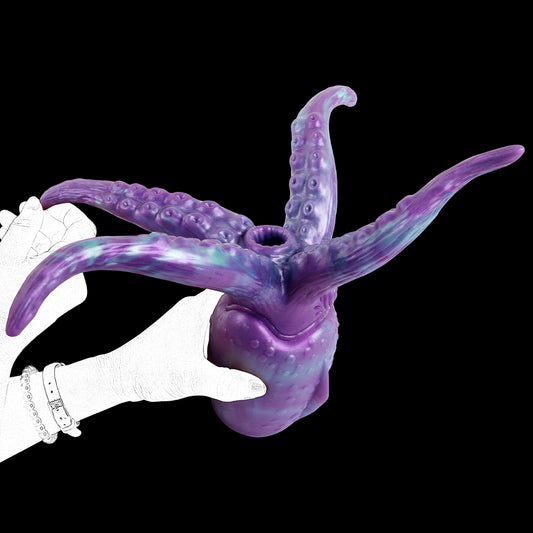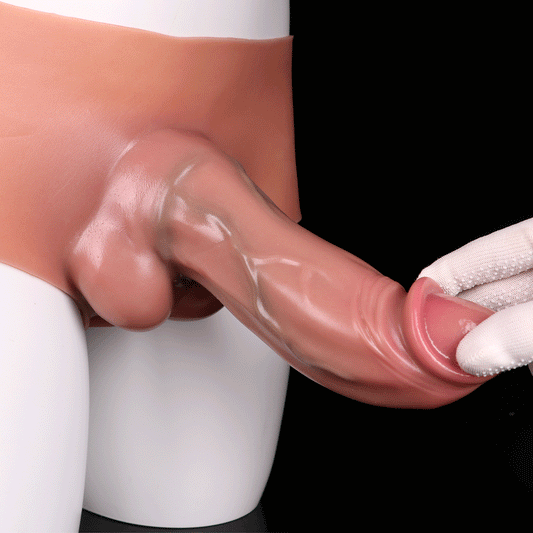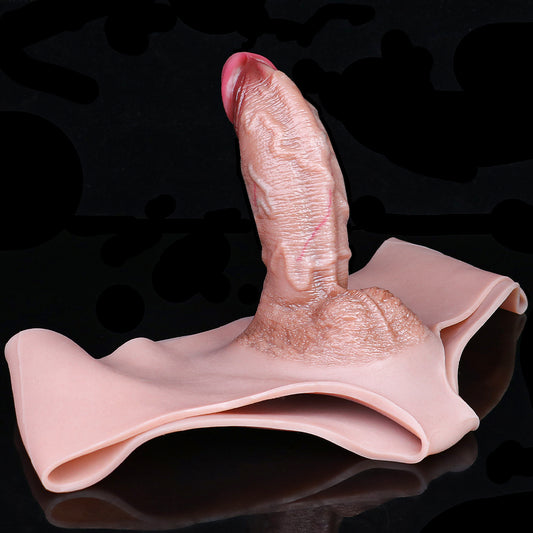The Concept of Post-Orgasm Torture
Post-orgasm torture (POT) might sound daunting at first, but it’s a nuanced practice that blends both psychological and physical dynamics. Whether you’re curious or considering integrating POT into your intimate life, understanding its intricacies is key.
Delving into its mechanisms, ethical considerations, and personal experiences. Let’s navigate the depths of this unique practice with an open mind and a respectful approach.
Origins and Historical Context
Post-orgasm torture, though seemingly modern, has roots that trace back through the annals of human sexual exploration. Historically, various cultures have engaged in practices that extend pleasure beyond conventional boundaries, often using them as rites or rituals. POT, as known today, is more structured within the realms of BDSM, evolving with a clearer understanding of consent and safety.
Basic Definition and Mechanism
POT involves continuing sexual stimulation after an orgasm, often leading to heightened sensitivity and, sometimes, discomfort. The key aspect here is the intentionality behind the act: it’s not about causing harm but exploring the extremities of pleasure and sensation. This practice is deeply tied to the power dynamics and trust established between partners.
Psychological and Physical Dynamics
The thrill of POT often lies in the interplay between pleasure and discomfort. Psychologically, it can create a powerful experience of surrender and trust, intensifying the emotional bond between participants. Physically, the body reacts with an overload of sensations, which can be both exhilarating and overwhelming.
Psychological Aspects of POT
The Mental Impact on Individuals
Engaging in POT can lead to profound psychological effects. For some, it’s a way to push boundaries and explore their limits. For others, it can be a journey into vulnerability and surrender. The mental impact varies greatly among individuals, hinging on their personal experiences and comfort levels with the practice.
Role in BDSM and Fetish Communities
In BDSM circles, POT is often a celebrated practice that highlights the complexities of power and control. It’s a testament to the trust and understanding between dominant and submissive partners. This practice can be a way to deepen the connection and enhance the dynamic between partners within these communities.
Case Studies on Psychological Experiences
Consider Emma and Jake, a couple who integrated POT into their relationship. For Emma, the experience brought an unexpected depth of emotional release, making her feel more connected and understood by Jake. For Jake, witnessing Emma’s vulnerability and pleasure fostered a stronger sense of responsibility and intimacy.
Physical Aspects of POT
How the Body Reacts to POT
Physiologically, POT engages the body’s heightened sensitivity post-orgasm. The initial pleasure often transitions into a mix of intense sensations that can be both pleasurable and challenging. This phase is where the body experiences sensory overload, leading to a unique blend of reactions.
Sensory Overload and Aftercare
Sensory overload is a common aftermath of POT, necessitating careful and attentive aftercare. Aftercare involves soothing and comforting the individual to help them transition from the intensity of the experience back to a state of calm. It’s a crucial element in ensuring the practice remains a positive experience.
Potential Risks and Safety Precautions
Like any intense sexual practice, POT carries potential risks, including physical discomfort or emotional distress. Safety precautions such as clear communication, understanding boundaries, and having established safe words are essential to minimize these risks.
The Role of Consent in POT
Understanding Consent in BDSM
Consent is the cornerstone of all BDSM activities, including POT. It involves clear, informed, and enthusiastic agreement from all parties involved. Understanding and respecting each other's boundaries ensures that the practice is consensual and enjoyable for everyone.
Negotiation and Safe Words
Before engaging in POT, partners should negotiate their limits and expectations. Safe words are critical tools that allow participants to communicate their boundaries effectively. They provide a quick and unambiguous way to stop the activity if it becomes too overwhelming or uncomfortable.
Importance of Communication
Open and honest communication is vital in POT. Discussing desires, fears, and expectations beforehand helps build a solid foundation of trust. This communication should continue throughout and after the session to ensure both partners feel safe and satisfied.
Exploring POT in Relationships
Enhancing Intimacy Through POT
POT can serve as a powerful tool to enhance intimacy within relationships. It encourages partners to explore each other’s desires and boundaries deeply, fostering a stronger emotional and physical connection.
Challenges and Boundaries
While POT can bring couples closer, it also presents challenges. Navigating each other’s boundaries and dealing with potential discomfort requires patience and understanding. Establishing clear guidelines can help mitigate these challenges.
Building Trust and Mutual Respect
Trust and respect are fundamental in practicing POT. Both partners need to feel secure and respected for the practice to be beneficial. This mutual respect strengthens the relationship, creating a more profound sense of connection.
Post-Orgasm Torture Techniques
Common Techniques and Tools
Several techniques are used in POT, including continued manual stimulation, the use of vibrators, or edging. Tools like feather ticklers, ice, or temperature play items can also add unique sensations.
Variations and Customization
POT can be highly customizable based on individual preferences. Some may prefer a gentle approach with light touches, while others might enjoy more intense stimulation. The key is to tailor the practice to what feels right for both partners.
Role of Aftercare in POT Practices
Aftercare is crucial in any POT session. It involves comforting the individual, discussing the experience, and providing emotional and physical care to ensure they feel safe and valued. This step helps reinforce the trust and connection between partners.
Safety and Ethics of POT
Potential Physical and Emotional Risks
While POT can be pleasurable, it carries potential risks like overstimulation or emotional distress. Being aware of these risks and taking steps to mitigate them is essential for a safe experience.
Ethical Considerations in POT
Ethical considerations include ensuring mutual consent, respecting boundaries, and prioritizing each other's well-being. Ethical POT practices focus on enhancing pleasure without causing harm or discomfort.
Ensuring Mutual Satisfaction and Safety
Mutual satisfaction and safety should be the primary goals of POT. Regular check-ins, clear communication, and respecting each other's needs are vital components of a positive POT experience


























